-4%
Confronting the Disconnect: Bridging the Chasm between Academia and Clinical Practice for Novice Nurses
Educators and practitioners in the nursing field often witness the perplexing phenomenon of students who excel in academic settings but stumble upon transitioning to clinical practice. This raises fundamental questions about the efficacy of current nursing education methodologies and the challenges faced by novice nurses in today’s healthcare landscape.
Author and nursing educator Leslie Neal-Boylan delves into this complex issue, seeking to understand why students who demonstrate academic proficiency may struggle in real-world nursing situations. Her incisive analysis provides valuable insights and practical solutions for bridging the gap between nursing theory and the realities of clinical practice.
Neal-Boylan’s approach focuses on examining the factors that contribute to the disconnect between academic success and clinical competence. She highlights the need to:
-
Enhance Clinical Immersion: Provide students with more extensive and realistic clinical experiences that replicate the demands and complexities of the profession. By immersing them in actual patient care scenarios, they can develop a deeper understanding of the practical aspects of nursing.
-
Foster Critical Thinking and Problem-Solving Skills: Encourage students to think critically, analyze situations, and develop effective solutions to challenges encountered in clinical practice. This requires a shift from didactic teaching methods to more interactive and experiential learning strategies.
-
Promote Mentorship and Support: Establish formal mentoring programs that connect experienced nurses with novice nurses, providing guidance, support, and practical advice. This can help students transition smoothly into the clinical environment and overcome the challenges they may face.
-
Address the Emotional and Psychological Aspects: Recognize the emotional and psychological impact of entering clinical practice and provide students with coping mechanisms and support systems. Transitioning to a new and demanding environment can be emotionally taxing, and addressing these challenges is essential for success.
-
Evaluate and Adapt Educational Curricula: Regularly review and adapt nursing curricula to ensure they reflect the evolving needs of the profession and the realities of clinical practice. This includes incorporating feedback from practicing nurses, integrating new technologies, and focusing on essential competencies required for success in the field.
By embracing these strategies, educators and healthcare professionals can work together to better prepare novice nurses for the challenges they will face in clinical practice. By bridging the gap between academic knowledge and practical experience, we can empower nurses to navigate the demands of the profession and provide exceptional patient care.
maybe you like these too:
- Foundations of Nursing Practice: Fundamentals of Holistic Care, 2e (Original PDF from Publisher)
- Transitioning from RN to MSN: Principles of Professional Role Development (Original PDF from Publisher)
- Medical-Surgical Nursing – Assessment and Management of Clinical Problems, 9th Edition (Original PDF from Publisher)
- Encyclopedia of Nursing (Original PDF from Publisher)


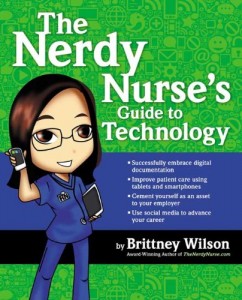
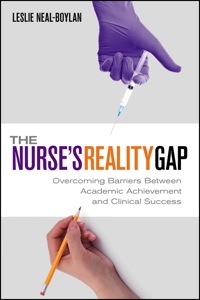
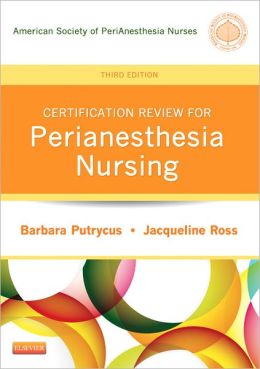
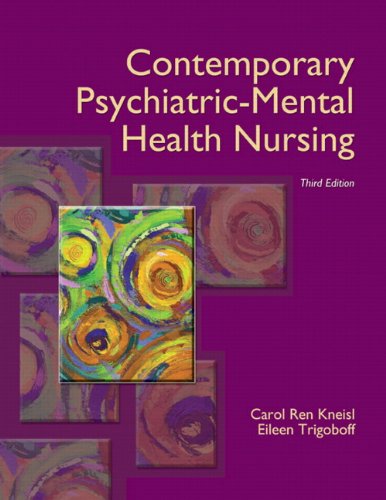
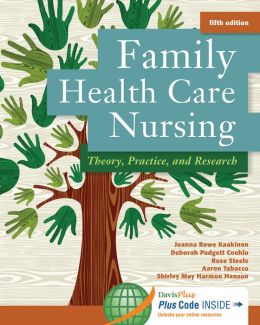
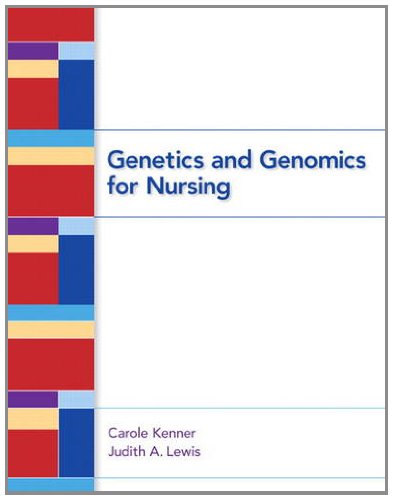

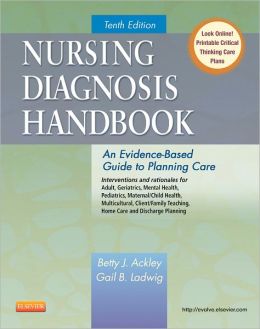
Reviews
Clear filtersThere are no reviews yet.